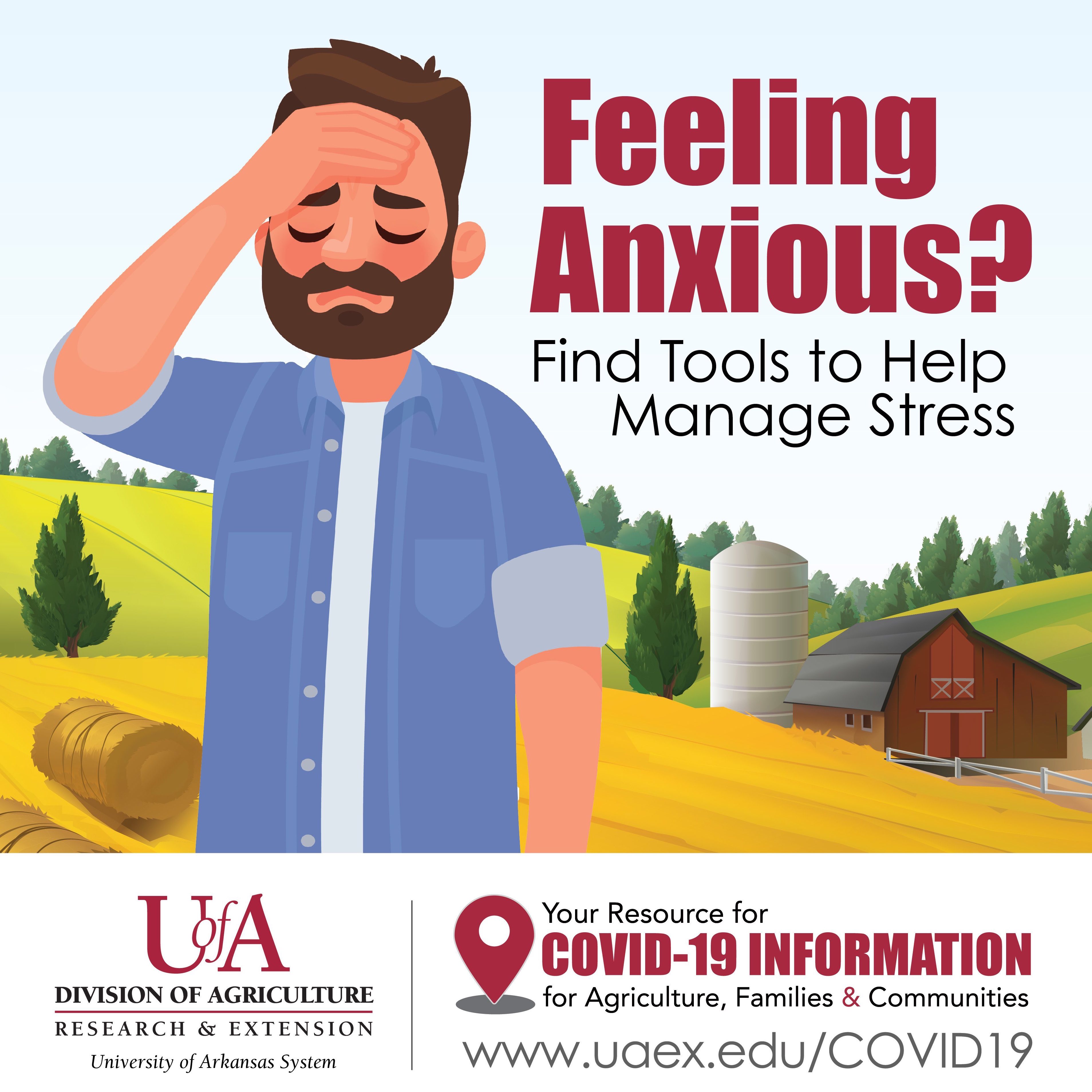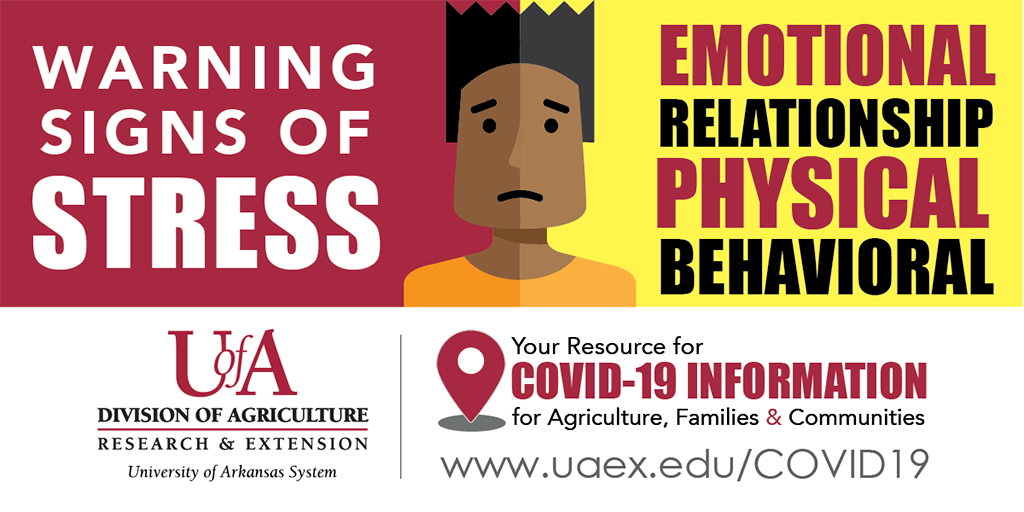Managing Stress
We are all grieving
Everything is being canceled or postponed. Things we worked hard to plan, rehearsed to perform, studied to complete, saved up to explore, looked forward to, or took for granted are now gone for good or moved to a distant or undefined later date. All of the uncertainty, forced change, stress, and anxiety have led to feelings that can be complex and difficult to name. Those complex feelings are likely a combination of lots of different things: fear, sadness, anger, disappointment, and, one that we may not think of: grief.
What is Anticipatory Grief?
David Kessler, expert on grief and loss, calls some of what we are feeling “Anticipatory Grief.” Usually, this is what we feel when we’re about to lose someone or some sort of relationship. What we feel when we know someone we love will die soon; how we feel at the end of a relationship or right before our youngest child graduates from high school. This feeling is widespread and overwhelming right now in a way that we’ve never experienced. Everyone is feeling it at the same time, but about different things.
It may be worry about losing a job, fear that you or your child won’t get to go back to school, sadness for a lost spring break or summer trip, concern over your own health or that of a family member, frustration as you try to adjust to working from home while your kids are also there, disappointment that your child’s baseball season ended before it began, or anger that your prom or graduation has been canceled.
What Can We Do?
Feel It: Because we’ve learned it’s ok to talk about our feelings (which it is), we also tend to question the feelings we have, trying to decide whether they’re ok for the situation. Should I feel sad? Should I feel angry? And sometimes that questioning makes actually feeling trickier. Experts in the area of grief and loss suggest we stop at the first feeling. If you feel sad, feel sad. Ask why you’re feeling sad and try to process the feeling. Don’t question whether you SHOULD feel sad, just process the sadness.
Come into the present: If you find yourself worrying about or mourning something that hasn’t happened or grieving lost predictability of the past, come into the present. Focus on what is around you right now. Focus on breathing and the objects and sensations around you.
And there are more actions. Read more at the Family Life Fridays Blog.
Facing stress in rural Arkansas
For several years, rural residents have faced stresses brought on by market and weather challenges to agriculture. Now, COVID-19 brings a new layer of challenges.

So how does stress affect us?
Stress is made apparent in the ways as a person responds physically, mentally or emotionally to existing pressures or concerns. Each person is affected differently and becoming familiar with common ways stress affects a person is helpful.
Each person may respond differently. Conducting regular “self-checks” is important to be aware of your own experience with stress and what steps you can take to stay out of the “high stress” zone.
Signs of stress are warning signals, urging you to you to pay attention, slow down and take steps to check for difficulty. These warning signals can occur in the physical, emotional, behavioral and relationship dimensions of a person’s life.

What are some warning signs of stress you might experience?
- Emotional: Irritable, feeling discouraged or hopeless, anxiety, panic
- Physical: headaches, back and neck aches, body fatigue, stomach issues
- Behavioral: Inability to relax, trouble making decisions, increased use of alcohol or drugs
- Relationship: Communication difficulties, avoiding others, verbal or physical outbursts
For more resources on managing stress, check out our Life Skills and Wellness page.
Suicide Prevention Lifeline
Pandemic life is stressful. If you or someone you know is feeling overwheled, call 1-800-273-8255 24/7 or use the chat feature in the linked webpage.